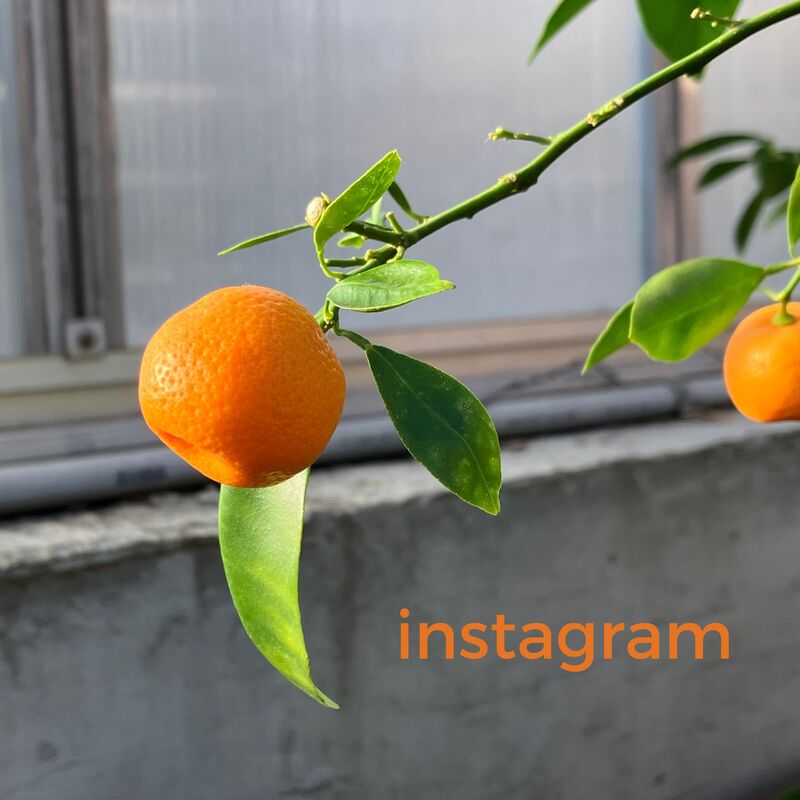The second supply chain issue that I heard about this week was from Alabama Chanin. They have experienced increased demand for their organic cotton fabric, but have been able to obtain less of it because of the weather conditions experienced by the farmers who supply the organic cotton. Inconsistent temperatures and unpredictable weather on these Texas farms has yielded smaller than usual crops of cotton.
One of the articles linked in Saturday's reads stated that in 2012 alone, Uzbekistan set one million of their citizens, including children, to work harvesting cotton in abusive conditions. We know that it is possible to see what color the textile factories are dyeing by looking at the surrounding water ways. Refugees, including children, are used + abused in the textile industry.
Volatile weather resulting from climate change + a market that settles for cheap materials from unknown sources is at its best disheartening + otherwise disgusting. The positive side of this that there are a few companies educating consumers and connecting the weather, farmers, crops, and garment workers to the clothes on our backs. Supply chains are not just boring technicalities. They are the very products themselves.
Love,
Jane




 RSS Feed
RSS Feed